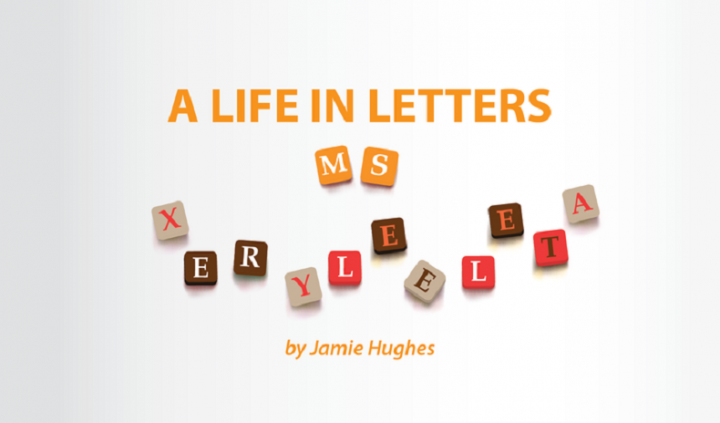Peace, My Heart, Peace
Written by |

Despite the melatonin and Kava tea, the hot baths and weighted blanket, I’m not sleeping very well these days. I haven’t been for months actually. In addition to the “low-burn” stresses that come with adulthood and the utterly average cares of the workaday world, I have felt a growing, gnawing sense of unease about the state of things. As Marcellus says to Horatio in act one of “Hamlet,” I can’t help but feel that “something is rotten in the state of Denmark.”
Because I am immunocompromised, of course the pandemic weighs heavily on me. So too does the unwillingness of some people to love their neighbor — neighbors like me who must steer clear of COVID-19 — by refusing to wear masks. The state of race relations in America, political acrimony, the growth of conspiracy theories, and the rise of radicalized groups … all of it has left me overwhelmed and utterly deflated. How can we, as human beings, stand against such vitriol?
Wendell Berry’s poem “The Peace of Wild Things” has proven invaluable in the moments when it all seems too much. Do yourself a favor. Before you continue reading, visit the link above and read the poem a few times to yourself. Read it silently. Then read it aloud. Pause at each period and contemplate the imagery of the lines. Dwell in it. Center yourself. After that, click the play button and let Berry read the poem to you his soothing Kentucky drawl. Then, if you can manage to tear yourself away from the moment he’s created with his words, come back …
Berry has tapped into something valuable here for us, I think. When we wake “at the least sound / in fear,” we have a choice. We can lie there paralyzed in the darkness, or we can venture more deeply into the natural world, into its mystery and stillness.
Think of all the “wild things” the Bible gives as object lessons: the birds who neither sow nor reap and the lilies in their finery (Matt. 6:25-33), the tiny sparrow (Luke 12:6-8), and the industrious ant (Prov. 6:6-8). We’re told to be wise as serpents but also innocent as doves (Matt. 10:16). This wisdom is what Berry discovers as he watches the wood drake resting “in his beauty on the water” under the “day-blind stars / waiting with their light.” By spending time among “wild things,” he escapes his “despair for the world”—if only for a time—by resting “in the grace of the world.”
Reading this poem is like taking in a deep breath of autumn-cooled air. Like Psalm 23, Berry’s words are a doorway full of light, and if we’re willing to walk through it, we’ll find peace of mind and quietness for the soul.
***
Note: Multiple Sclerosis News Today is strictly a news and information website about the disease. It does not provide medical advice, diagnosis, or treatment. This content is not intended to be a substitute for professional medical advice, diagnosis, or treatment. Always seek the advice of your physician or other qualified health provider with any questions you may have regarding a medical condition. Never disregard professional medical advice or delay in seeking it because of something you have read on this website. The opinions expressed in this column are not those of Multiple Sclerosis News Today or its parent company, Bionews, and are intended to spark discussion about issues pertaining to multiple sclerosis.



Lila Alexander
Thank you! I copied it in my journal.
Jamie Hughes
Great idea! Keep your eyes focused and your mind right.
Sue Who
So timely! Just what I needed! Thank you!
Jamie Hughes
So glad this struck home with you, friend. Be blessed.